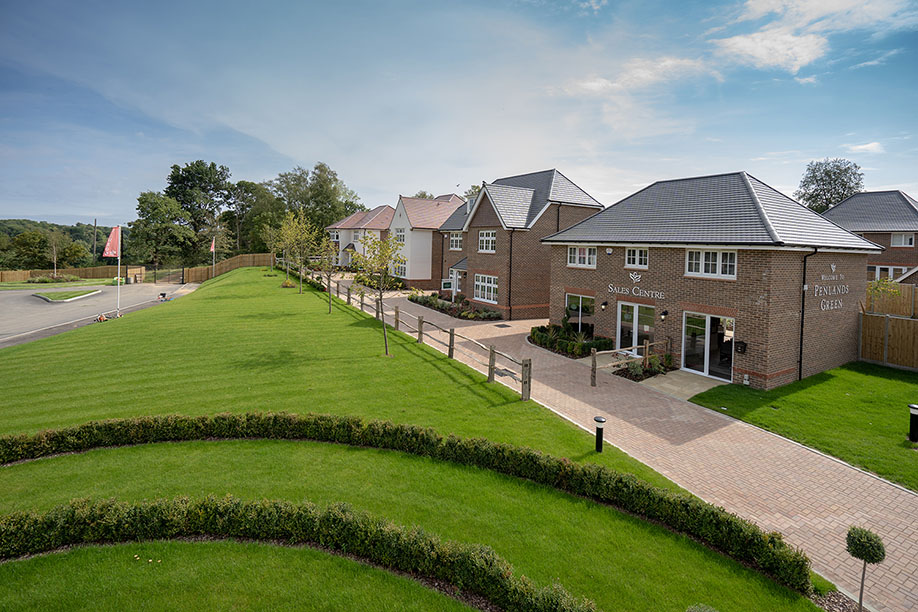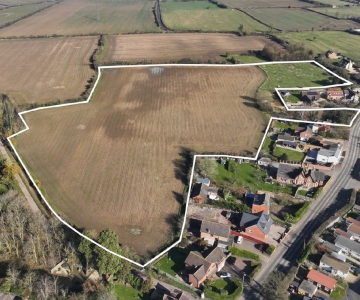Changes on the horizon for the housing planning system
On 3 July 2020 the prime minister announced a long-awaited shake-up of England’s planning system. From a podium bearing the slogan “Build, Build, Build”, he promised the changes would provide “better homes where people want to live” as part of a post-coronavirus push to improve national infrastructure.
The housing industry has been crying out for an overhaul of the planning system for decades, but what has been announced so far.
Permitted Development Rights and new homes
Under rules due to come into force in September 2020, owners and developers will be able to convert a wider range of commercial premises, such as offices, cafés or shops, into homes without needing planning permission or local authority approval. Previously such permissions, known as permitted development rights, had been restricted to conversion of office buildings. The rules however, will not apply to buildings that are considered “essential to the lifeblood of communities” with pubs, libraries and village shops listed as examples.
Owners and developers will not need to apply to demolish commercial buildings if they plan to rebuild them as residential properties. This right will allow free-standing vacant and redundant commercial and residential buildings to be demolished – and rebuilt as residential use within the footprint of the existing building. This new right is intended to boost the number of homes built, but will not apply in some locations, such as national parks and conservation areas or to listed buildings.
Changes to the planning system that speed it up, make it more flexible and help deliver certainty are needed and is welcome news for the development industry. However, as always, the devil will be in the detail of the forthcoming legislation required to enact the changes. The small print may well restrict and limit these plans from triggering really meaningful change.
Without sufficient safeguards, there is also a criticism that the greater use of permitted development rights could lead to a wave of poor quality, tiny flats being crammed into commercial buildings lacking amenities and green space. COVID brought to the fore the importance of local green spaces, high quality, affordable homes. Even following the introduction of the new rights we anticipate that strong demand will continue to exist for the development of greenfield land in well-connected areas.

Further Wider Planning Reform
Dubbed “project speed” further wider planning reforms are also to be set out in more detail in a policy paper expected later in the summer, which the government says will be the most radical the country will have seen since the Second World War. There have been indications that the policy paper might include proposals for some kind of zoning regime, as used in the United States and some parts of Europe. While the government is keeping tight lipped on confirming the creation a zonal planning system, it has said that it wants to see a more "upfront" process where it is "much more clear what can be done in places".
Getting the country building desperately-needed homes again will be a vital part of the national recovery from coronavirus. Introducing a zonal planning system, to allow more land to be allocated for housing – especially in high-demand areas could be truly transformational.
A huge expansion in housing delivery, including using the green belt, will be needed to meet Boris Johnson’s “build, build, build” commitments. The forthcoming planning reforms are therefore highly likely to include revisions to the current methodology used to calculate each local authority’s future housing requirement. Increasing the number of new homes planned for is necessary to help the Government achieve its ambition of building 300,000 new homes each year by the middle of the decade.
However, at present we can only speculate what the Government might propose as to the most radical change to the planning system since planning permission was invented. There is however not long to wait.
As a specialist land promoter Catesby Estates keeps fully abreast of new policy announcements and can advise landowners on new opportunities for development which may arise.
Could your land have development potential?




